|
Contents
...
You and Your
Manuscript
The
Publishing Decision
Getting It
Printed
Give Yourself
a Promotion
Far and Wide
... Or Not
Capitalize on
Your Potential
Manuscript
Preparation Guide
Effective
Advertising Guide
RealityIsBooks
Services
About
RealityIsBooks
Click Me ...
|
You and Your
Manuscript
Your own motivations and the content of your
manuscript will
help to determine which path to follow to publication for your book. It
is
important to do some critical analysis of why you wrote your book and
for whom in
order to gain an understanding beyond the more obvious reasons that may
have
sufficed during the writing process. When you are investing your own
time and
minimal expenditures on materials, your enthusiasm is likely sufficient
context
for making decisions. However, when you are at the point that your book
is
essentia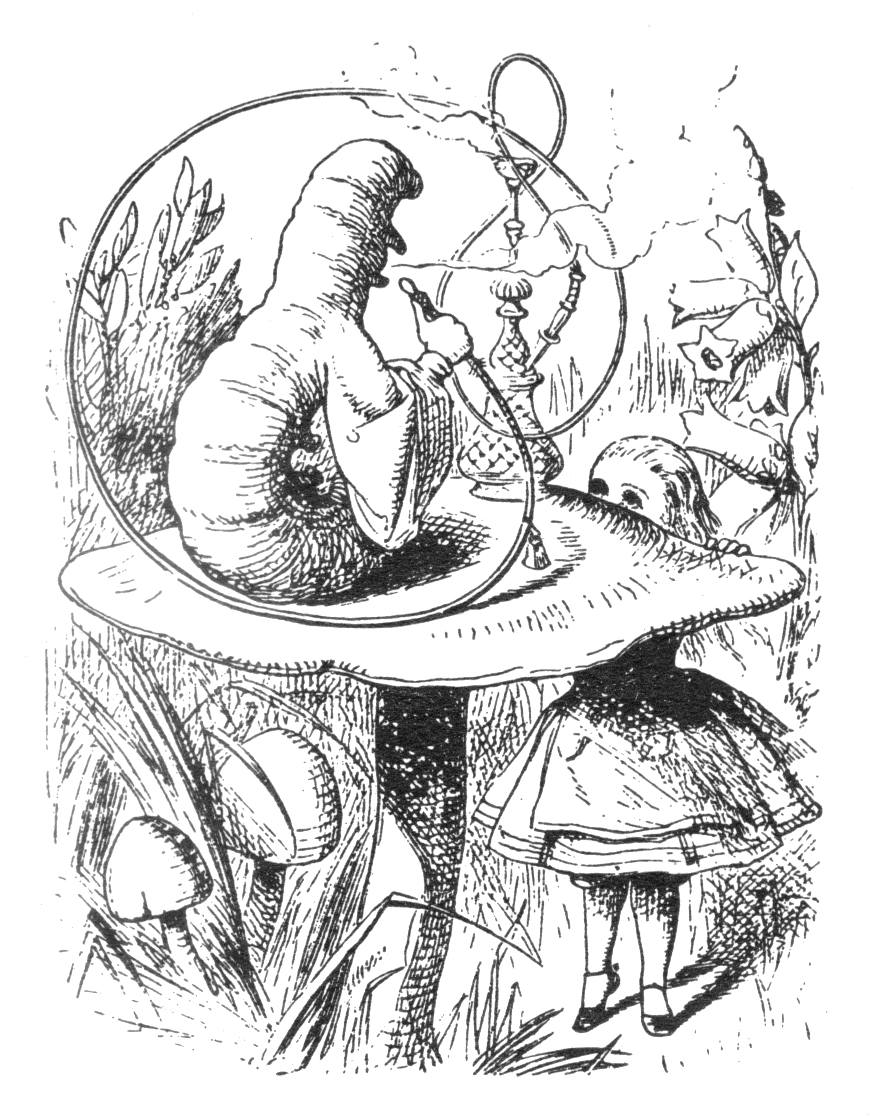 lly
done and you are looking at involving outside sources to complete
the final steps to publishing your book, enthusiasm needs to take a
back seat and
reason needs to take charge. lly
done and you are looking at involving outside sources to complete
the final steps to publishing your book, enthusiasm needs to take a
back seat and
reason needs to take charge.
What’s your book about? This is the basic question you will
be asked by almost everyone who finds out you have written a book. You
will
need to be able to answer that question in less than thirty seconds
without
trying to tell them the plot or too much about the characters. They are
asking,
“Why
should I spend my time and money?” on the story you present to them. Or
if your
book is nonfiction, what new insights will they find that may have been
overlooked, and what lessons may they see confirmed by historical
facts? Are
there interesting alternatives to consider in well known situations or
innovative solutions that can be applied? Does your book contain
circumstances
with which your readers will identify, or lead to understandings that
might not
have been possible otherwise?
(Please note also that in addition to publishing fiction,
nonfiction, and informational books, RealityIsBooks
can provide
help with manuscripts which are not necessarily intended for
publication. Over the years we have edited master’s
and doctoral theses, resumés, corporate presentations and diverse
other works.)
|
|
|
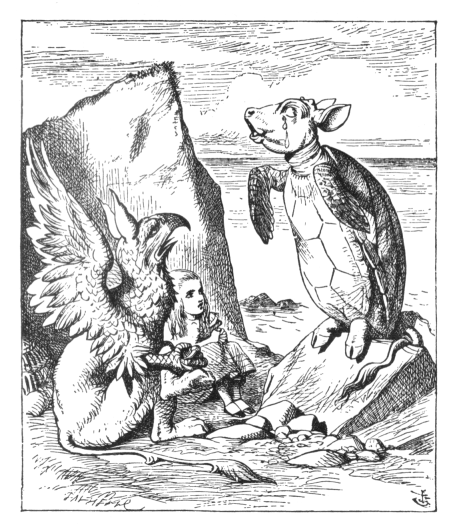 So, why
did you write your book? To make good decisions about
what will be useful in publishing your book, you need first to decide
what is
important to you about it. Did you want to share your perspectives on a
topic, transmit some special knowledge or insight regarding a
misunderstood item, or
give hope to others who share your feelings that they are not alone?
There are
probably as many reasons for writing a book as there are writers, and
there are
no incorrect answers. But knowing why your book exists can help
determine which
steps to take regarding the other phases of publishing it. So, why
did you write your book? To make good decisions about
what will be useful in publishing your book, you need first to decide
what is
important to you about it. Did you want to share your perspectives on a
topic, transmit some special knowledge or insight regarding a
misunderstood item, or
give hope to others who share your feelings that they are not alone?
There are
probably as many reasons for writing a book as there are writers, and
there are
no incorrect answers. But knowing why your book exists can help
determine which
steps to take regarding the other phases of publishing it.
Who is the audience for your book? This question is
necessary because, although it is easy to say “everyone will like it”
or need
it or can benefit from it, the fact is that everyone will not take that
statement as a reason to buy or spend time reading what you have
written. Each
subject has natural audiences who relate to it, or what they believe it
to be, such
as teenage boys and cars, mothers and cooking, or young single women
and
fashion. Understanding your book’s natural areas of appeal is more “who
is
likely to want it” rather than “who do I want to like it.”
With an enhanced understanding of your book, its
purposes,
and its potential readers, you should be better able to make informed,
more
confident decisions about what is appropriate for your book.
Sometimes
we are asked about copyrights and
copyright registration. One of the more common misunderstandings about
copyrights
is that it is a privilege granted by government to an author. In fact,
you own
the copyright (literally the right to make copies of your book or allow
others
to do so) when you create it in a fixed form. On occasion, however, it
can be
useful to have documentation of the details of this ownership. The
Library of
Congress handles copyright registration and has streamlined its
processes in
recent years. To file your own copyright registration, go to www.copyright.gov
and
click on the Register a Copyright link to find information and
explanations of
procedures and fees. If you do not care to deal with this, we can
handle it for
you.
Top
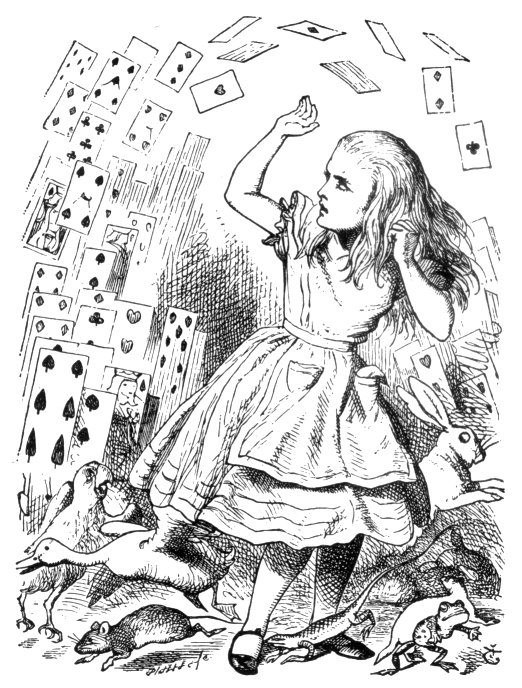
Once you are satisfied that your manuscript has
something worthwhile
to say, then it is time to present what you have created to others.
There are several
options for publishing your manuscript. Among them are traditional or
trade publishers,
vanity or subsidy publishers, and the various means of self-publishing.
Trade
publishers generally trade support and marketing of the author and the
book,
plus royalties on book sales, for ownership of
copyrights in the book. Vanity
publishers allow the author to pay for the privilege of having their
book
published, under terms that vary widely regarding ownership of rights
and
author options. Self-publishing is a bit like
being your own contractor for a
new addition to your home. You may already be familiar with some areas
of
production, and some can be learned without too much effort. Others are
not
worth the time investment to learn or may require skills you do not
possess;
these aspects can be subcontracted while you retain overall
responsibility for
the outcome of the project.
Editing
Your Manuscript.
When you decide to publish your book, you are making a
commitment to put your ideas in a form that
communicates with your readers. To
do this involves the interaction of many sources in the various phases
of
manufacturing, distribution, and sales of your book. For all of these
activities to function harmoniously to produce the hoped for result,
various
standards for the publishing industry have evolved over time. As in
most
situations, you can deviate from the established standards and methods
if you
like, but do not expect any of these sources to welcome any misuse of
their
time that results. Readers have expectations too, and neither do they
appreciate having them ignored.
Unless you are an editor in addition to being an author, having
your book edited by a professional is a must. This work needs to be be
done by
someone who is familiar with what is required to put a manuscript in
proper
condition for it to be worked on by others in the publishing process.
Consider:
Do you own a camera ... or a cellphone that takes pictures? Does that
make you
a photographer? Of course not. Neither does speaking and writing
English make
you an editor. No author can proofread their own work (let alone edit
it). One
of the reasons for this is that we know what we meant to write, what
the words
are supposed to be, so the brain sees what is supposed to be there, and
corrects
typographic errors to make it so. A new set of eyes is definitely
called for. By
all means, show your work to friends or the helpful English teacher who
is
willing to take a look at your book. They can be very helpful with
questions
about content or plot exposition or characters. But remember, they are
not
editors, either.
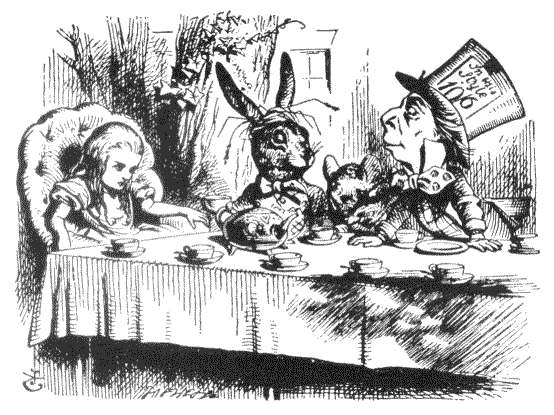 “Then
you should say what you
mean,” the March Hare went on. “Then
you should say what you
mean,” the March Hare went on.
“I do,” Alice
hastily replied:
“at least—at least I mean what I say—that’s the same thing,
you know.”
“Not the same
thing a bit!”
said the Hatter. “Why, you might just as well say that ‘I see what I
eat’ is the same thing as ‘I eat what I see’!”
“You might just as
well say,”
added the March Hare, “that ‘I like what I get’ is the same thing as ‘I
get
what I like’!”
“You might just as
well say,”
added the Dormouse, who seemed to be talking in his sleep, “that ‘I
breathe when I sleep’ is the same thing as ‘I sleep when I
breathe’!”
“It
is the same thing with you,”
said the Hatter, ...
Cover
Selection. Choosing the cover for your book can be
very
simple or incredibly complicated, or both. Often just the title of the
book is
the primary cover element, and this can work well for recognition in
many
circumstances. Other simple choices are the author’s photograph or a
photo that
captures the feeling of the book. With print on demand technology, the
initial
cover choice is not something you have to live with forever, but of
course,
changing it may mean giving up any visual identification it may provide
for the
book. Remember that the cover’s primary purpose is to get attention for
the
book, not to tell the story inside the covers.
If you will be furnishing illustrations or photographs for
your cover or for the interior pages, there are minimum quality
standards which
should be observed. Color artwork (photos, illustrations, drawings,
charts and
graphs) should be produced at a minimum of 300 pixels per inch
resolution, and
black and white artwork (line art plus the types listed for color
artwork)
should be produced at 600 pixels per inch.
Prepress Production. Broadly speaking,
“prepress” involves the
conversion of your manuscript into the cover and body pages files that
will be
used to print copies of your book as they are ordered. If you wish to
participate in part of this phase of the work, please download the Manuscript Preparation
Guide
available
on this site. These simple guidelines will help you produce a
manuscript that
may easily be translated into usable text for your book pages.
Again,
we strongly recommend that all manuscripts be edited by RealityIsBooks.
However, if you choose to edit your book yourself, or with the help of
another,
we will correct any obvious errors as we discover them, and mark and
contact
you regarding errors that require your input for resolution. This does
not mean
we will edit your manuscript if not contracted to do so, however, some
typos will
jump out from the page and refuse to be ignored.
Besides
the more obvious considerations inherent in the
physical production of books and other printed materials, the use of
computer
technology has introduced another aspect to this process, which is the
understanding of the technology and its
application to the work. While there are
many specialized areas
involved in producing the final form of the cover and page
files, you do not necessarily need to spend time learning these things
or how
they are applied; we will take care of these aspects of the work for
you.
One of
the last phases of publication is to have the book
file checked for suitability for production, which means the file is
checked
for errors that will prevent it from running properly on the equipment
used for
printing. This has nothing to do with style or taste or talent, it is a
mechanical step that must be passed in order to publish the book. Any
photographs and other linked files are also included in this check.
Top
|
|
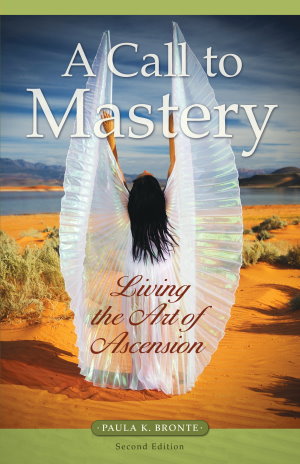 A Call to Mastery
A Call to Mastery


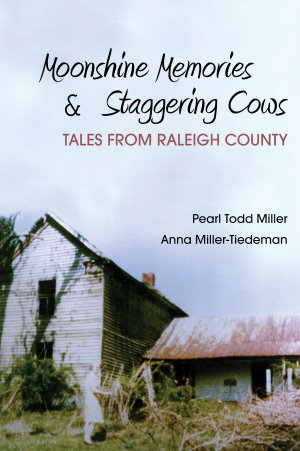 Moonshine
Memories & Staggering Cows: Tales from Raleigh
County
Moonshine
Memories & Staggering Cows: Tales from Raleigh
County lly
done and you are looking at involving outside sources to complete
the final steps to publishing your book, enthusiasm needs to take a
back seat and
reason needs to take charge.
lly
done and you are looking at involving outside sources to complete
the final steps to publishing your book, enthusiasm needs to take a
back seat and
reason needs to take charge. So, why
did you write your book? To make good decisions about
what will be useful in publishing your book, you need first to decide
what is
important to you about it. Did you want to share your perspectives on a
topic, transmit some special knowledge or insight regarding a
misunderstood item, or
give hope to others who share your feelings that they are not alone?
There are
probably as many reasons for writing a book as there are writers, and
there are
no incorrect answers. But knowing why your book exists can help
determine which
steps to take regarding the other phases of publishing it.
So, why
did you write your book? To make good decisions about
what will be useful in publishing your book, you need first to decide
what is
important to you about it. Did you want to share your perspectives on a
topic, transmit some special knowledge or insight regarding a
misunderstood item, or
give hope to others who share your feelings that they are not alone?
There are
probably as many reasons for writing a book as there are writers, and
there are
no incorrect answers. But knowing why your book exists can help
determine which
steps to take regarding the other phases of publishing it.
